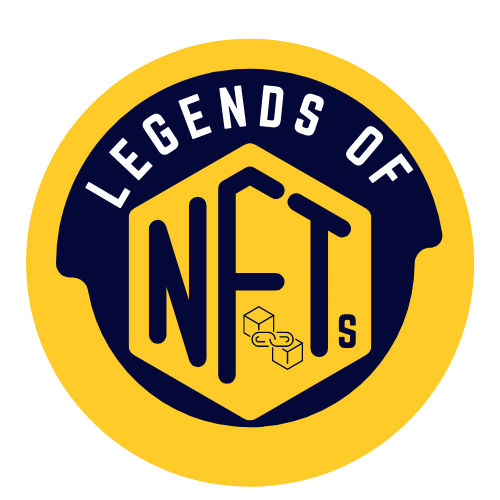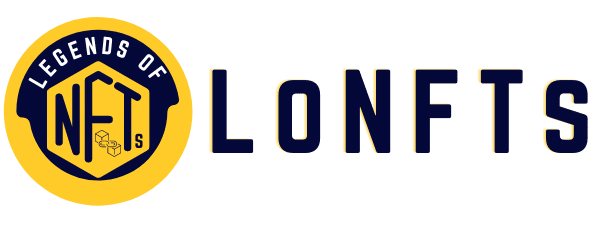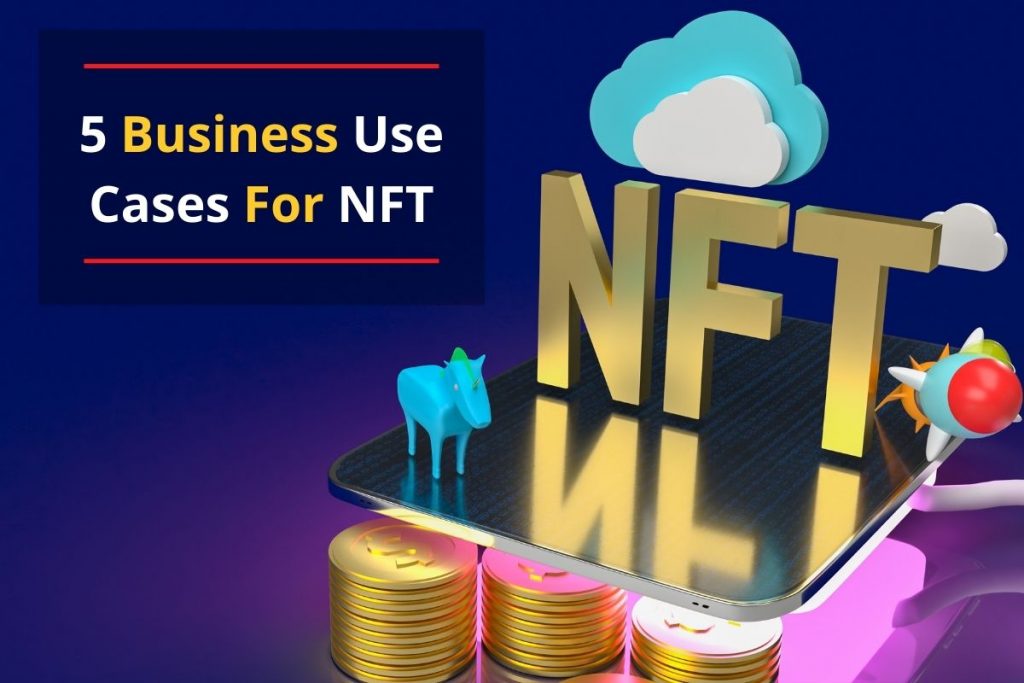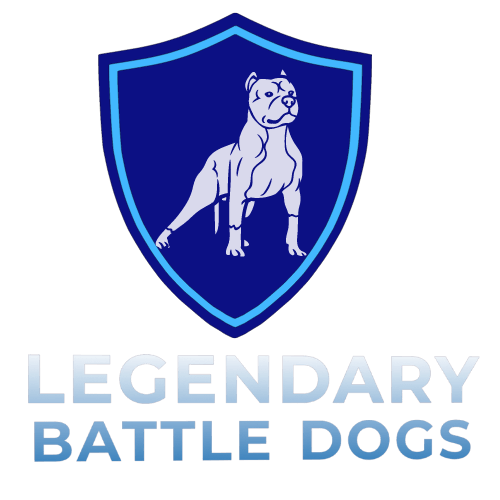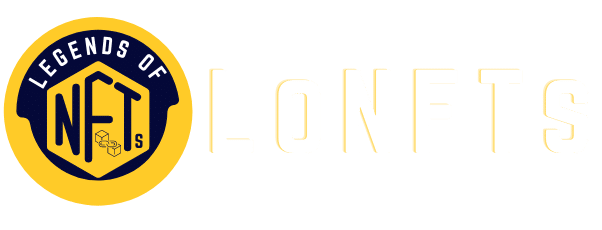NFTs, or non-fungible tokens, are digital assets that are unique and cannot be replicated. NFTs are stored on a blockchain, which provides immutable proof of ownership. Because of their unique properties, NFTs have a range of potential business applications. Here are we describe5 business use cases for NFTs.
- Collectibles
- Marketing
- Authentication
- Copyright
- Fundraising
1) Collectibles:
NFTs can be used to create digital collectibles that are scarce and valuable. For example, an NFT-based collectible game could allow players to trade and sell unique virtual items.
2) Marketing:
NFTs can be used to create branded content that is more engaging and interactive than traditional advertising. For example, an airline could use an NFT to provide customers with a virtual tour of their aircraft.
3) Authentication:
NFTs can be used to verify the authenticity of digital products and documents. For example, an art gallery could use an NFT to certify that a painting is genuine.
4) Copyright:
NFTs can be used to protect intellectual property rights. For example, a musician could use an NFT to control the distribution of their music online.
5) Fundraising:
NFTs can be used to raise funds for charitable causes or startup companies. For example, an NFT-based crowdfunding platform could allow people to donate money to a cause they care about.
NFTs have the potential to revolutionize the way businesses operate. By providing a means of creating digital scarcity, NFTs can be used to create new value propositions for businesses and consumers alike. With their unique properties, NFTs open up a world of possibilities for businesses and entrepreneurs. So far, we’ve only scratched the surface of what NFTs can do. We’re excited to see how businesses will use NFTs in the future.
Supply chain and logistics
The management of supply chains and logistics is a critical component of any business. An efficient supply chain can help to reduce costs and improve customer satisfaction, while a poorly managed supply chain can lead to delays, lost shipments, and other problems. There are many different aspects to consider when managing a supply chain, from procurement and inventory management to transportation and warehousing. By taking a holistic approach to supply chain management, businesses can ensure that their supplies are always available when needed and that finished products are delivered promptly to customers. In today’s competitive business environment, an effective supply chain can be the difference between success and failure.
Conclusion
NFTs are a new and exciting technology with the potential to revolutionize the way businesses operate. With their unique properties, NFTs offer a range of potential business applications. From collectibles and marketing to authentication and copyright, NFTs can be used in a variety of ways to create value for businesses and consumers alike. We’re only just beginning to explore the possibilities of NFTs, and we’re excited to see how businesses will use them in the future.
